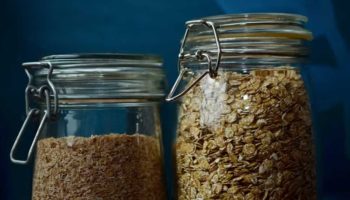SharePin Ever heard of it? Cheddar cheese consumption would make actors dream. At the same time, blue cheese is said to cause nightmares. But what’s the truth behind it all? We take a closer look, like holes in cheese. Tip for further reading: Food-induced sleep disorders: 7 problematic foods.Wild dreams or all cheese? Some people have a […]
Ever heard of it? Consuming cheddar cheese would make actors dream. At the same time, blue cheese is the stuff of nightmares. But what’s the truth behind it all? We sift through the subject, like holes in cheese.
Wild dreams or all cheese?
Some people have a strong passion for cheese. There are even festivals where it’s eaten communally and wheels of cheese roll down the hill. But you need to be careful when you eat it: cheese contains a lot of saturated fatty acids and can even have negative effects on your body. In 2005, for example, a study by the British Cheese Board found that cheese could disrupt our sleep and deregulate our brains.
The study revealed that blue cheese provoked vivid and absurd dreams. Cheddar made celebrities appear more often in dreams. However, this study was never published in a scientific context and therefore cannot be taken at face value.
On the plus side: you don’t have to give up your beloved cheese to avoid nightmares. However, this also means that there’s no simple solution to your bad dreams.
Does cheese influence sleep? Not entirely untrue!
A study by the University of Montreal found that the dreams of 17% of those tested were influenced by their diet, particularly dairy products. So when we eat cheese (in Europe, rather late at night) may actually influence our dreams.
Although the link between types of cheese and dreams is as murky as the fatty snack itself, excessive consumption in the late evening could indeed lead to restless sleep. So if you don’t sleep well, keep an eye on your diet – preferably all day long! Are you a cheese fan, or can you do without that (sometimes) smelly slice?



